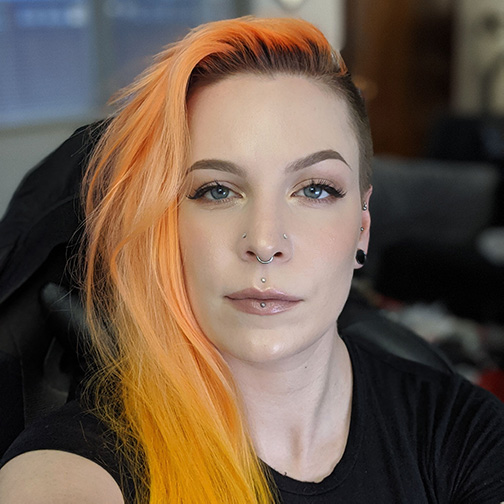Session: DevOps 101 Workshop (Part 1)
When you’re new to an industry, you encounter a lot of new concepts. This can make it really difficult to get your feet underneath you on an unfamiliar landscape, especially for junior developers. What does DevOps really mean? What’s all this software? What’s all this jargon? Is DevOps a methodology, or a toolset? Is any of this actually going to make my life easier, or is it just a bunch of industry buzzwords? We’ll answer all of these questions (and more) during this hands-on workshop, and get you set up with an end-to-end DevOps solution to automate your build artifact storage, vulnerability detection, and testing. For profit and glory!
Prerequisites
- JFrog Cloud account – This is free, no credit card required. It includes access to Artifactory, Pipelines, and Xray, with a limited amount of storage, transfer, and build minutes. https://jfrog.com/artifactory/start-free/
- Docker – The Docker client should be installed and configured on your machine.
- Python3 – We will need to run a hello world Python application. Python 3.6 or higher is required.
- Git + GitHub – A GitHub account is required so that you can fork this repository, and Git must be configured in your terminal so that you can clone it.
- Code editor – Whatever you are most comfortable with. I will be using SublimeText.
Workshop course outline
- Intro to DevOps: What is the definition of DevOps? What does DevOps mean for developers? What is all of this jargon?
- Artifactory Module: What is a binary repository manager? What are build artifacts? Binary repository setup for Docker and Python.
- Xray Module: Why do devs need to worry about vulnerability detection and license compliance? What about security and license policies? Scanning a build and reading the results.
- Pipelines Module: What is CI/CD? What can it do? Pipelines integrations. Writing a “Hello world” pipeline.

